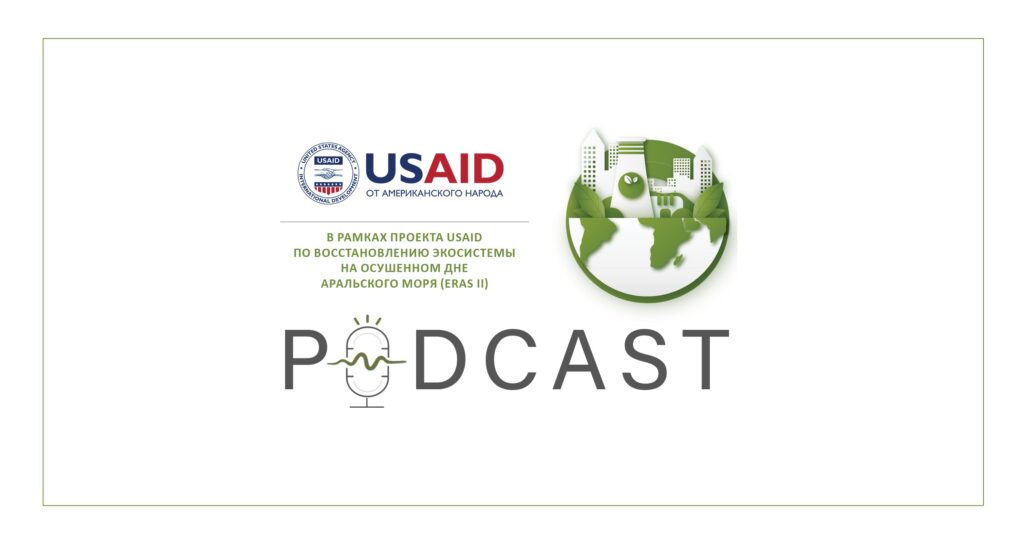At COP 24, the United Nations Framework Convention on Climate Change (UNFCCC) adopted the rules and procedures for implementing the Paris Agreement, which is contained in the “Paris Rulebook”. Through Article 13, the Paris Agreement established an Enhanced Transparency Framework (ETF) to regularly measure the progress made by countries to strengthen the global response to the threat of climate change. The objective of the new framework is to build mutual trust between countries, raise climate ambition and rigorously monitor public mitigation and adaptation policies. By 2025, Biennial Transparency Reports (BTRs) have to be submitted by all countries. For most developing countries this presents a significant challenge due to increased reporting frequency, stronger transparency requirements, increased scope of categories and gases to be reported on a mandatory basis, and a substantial increase of data and information associated with different components of Monitoring, Reporting, and Verification (MRV) that need to be collected and processed.
The Regional Environmental Centre for Central Asia and the Initiative for Climate Action Transparency provided a Gaps and Needs Analysis Report for the five countries of Central Asia: Kazakhstan, Kyrgyzstan, Tajikistan, Turkmenistan and Uzbekistan. The Report is available at https://climate-transparency-platform.org/knowledge/gaps-and-needs-analysis



